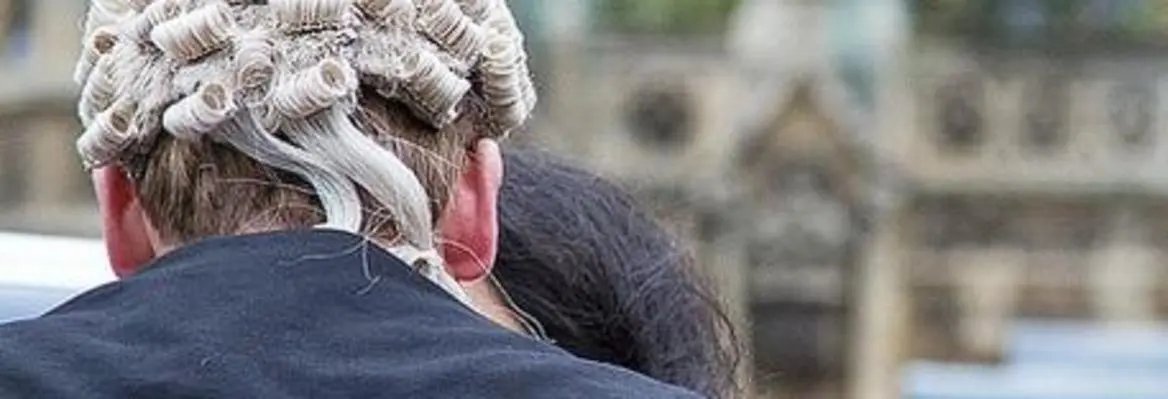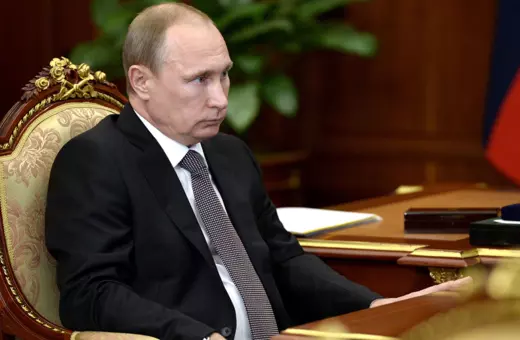Victims of Yalta was first published in Britain in 1978. Over ensuing weeks, the scandal it provoked filled the press, and resulted in numerous radio and television interviews. Among media and public alike, the reaction was one of almost universal horror and disgust at what could only be regarded as major war crimes.
Particular obloquy was directed against the then British Foreign Secretary, Anthony Eden, and his underlings in the Northern Department of the Foreign Office. The generally reluctant role played by British troops in despatching hundreds of thousands of men, women, and children, to what Harold Macmillan blithely anticipated as ‘slavery, torture, and probably death’ at the hands of the Soviets, was viewed with mingled dismay and compassion.
Feeling ran so high, that before long a committee was formed of members of the three principal political parties and both Houses of Parliament, to raise funds for erection of a monument to the memory of the victims. The only opposition of note came from the Foreign Office, which expressed concern in a letter to the Appeal’s secretary, the Hon. John Jolliffe, that the memorial be not erected in central London. A few years earlier, the Foreign Office had successfully lobbied for a memorial to thousands of Allied Polish officers, massacred by the Soviets in 1940 at Katyn and elsewhere, to be banished to an obscure corner of a West London cemetery.
This time, however, matters did not go as the mandarins desired. Jolliffe enclosed with his reply a copy of a recent letter containing a generous donation. ‘I think you might be interested to see this’, he wrote. It came from one Margaret Thatcher, resident at 10, Downing Street. The Foreign Office recollected that it had always sought a prominent location for the Memorial, and promptly dropped its objection.
The Memorial was built – and rebuilt, after being mysteriously damaged one night. Today it stands in a little garden opposite the Victoria and Albert Museum, where pilgrims and passers-by regularly pause to pray or reflect. I understand it to be the only monument in London named from the title of a book. Here matters might appear to have come to rest. Although I appreciated that further information would inevitably come to light, the broad details of the shameful story were now in the public domain. My writing moved for a while to quite different fields.
However, a particular episode in the forced repatriation continued to fascinate me. Chapters 7 to 10 of Victims of Yalta describe in some detail the vicissitudes of 50,000 Cossacks, who surrendered to British forces in Austria during the week following the German surrender. A combination of force and treachery was employed by the occupying British 5 Corps to deliver them to an anticipated savage fate at the hands of the Soviets.
In Chapter 11, however, I confessed myself baffled by a uniquely sinister aspect of the operations. This was the inclusion among Cossacks betrayed to SMERSH of several thousand Russians who had emigrated during and after the Bolshevik Revolution. As non-Soviet citizens, their handover was prohibited under Allied policy. Virtually every relevant order despatched from Field-Marshal Alexander’s headquarters in Naples to British forces in Austria included this essential point.
Yet the evidence made it clear that the delivery of the émigrés to the Soviets resulted from no blunder or pragmatic emergency, but represented deliberate policy. Thus it was not only the Cossacks who were deceived, but the Allied governments and higher military command. Who could have arranged this unauthorised and totally unnecessary war crime?















Join the conversation